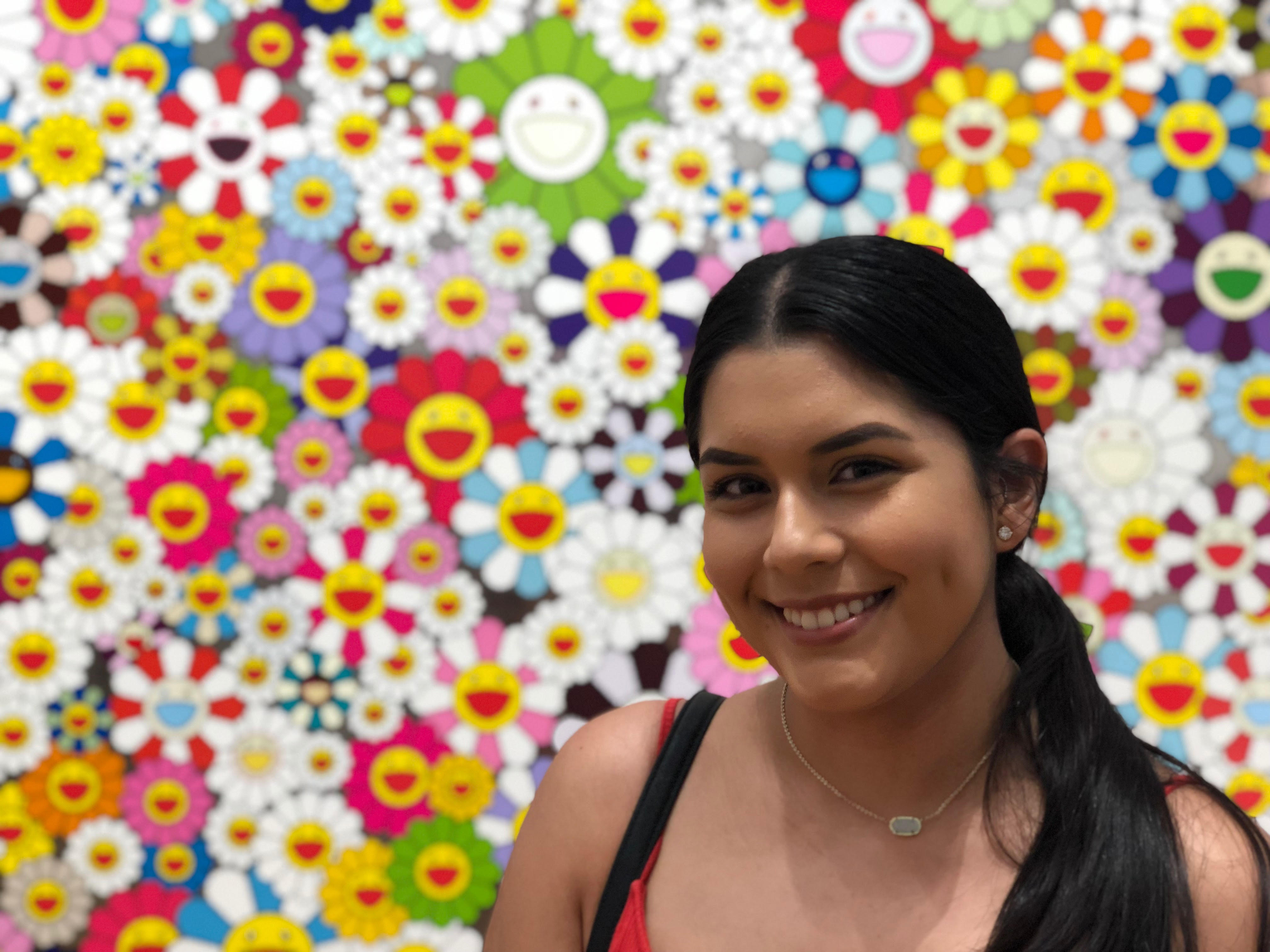Undercounted and underrepresented.
Growing up in the Dove Springs community in South East Austin comes with a stereotype.
“They don’t vote. They aren’t educated. They don’t care.”
This is a false narrative and reflection of a community that has spent years wanting to be heard and represented.
Dove Springs, widely known as the “44” because of its area zip codes, a younger community with an increasing Latinx population that is historically underserved.
“Being a double minority (a woman & a person of color) I’ve come to understand and view the world differently. Government has played a critical role in the oppression and fight for freedom that so many face.” Maldonado says.
Historically, this area has had low voter turnout and lacks services. This is not because of disinterest from the people in the community, but instead it results from outside groups and elected officials perception.
Long term effects of this neglect have resulted in lost opportunities for development in this community due to limited and ineffective interaction. It’s harmful for a community like Dove Springs that has close to no word in policy and practice.
Groups who do make their way to the neighborhoods interact with people in the community through regular tactics like block-walking and handing out flyers. But many groups forget this community is one that has been pushed aside for years and may not be as responsive.
“Being a voter deputy registrar to me means taking a system that hasn’t always historically favored people of color and using it to make sure those same voices are heard.”
This community has been neglected resulting in a lack of active participants for years. The consequences of neglect can be reduced through timely interventions that are tailored to any single community to achieve a responsive environment with positive outcomes.
Dove Springs needs a more active and persistent period of informational sessions and programs that fit the community. Addressing the needs, supporting the community through better strategies, coordinating repetitive sessions and community events to introduce this information to its people, such as voting rights, and create a platform for both the community and policymakers for cooperation and introduce access to who represents their community.
